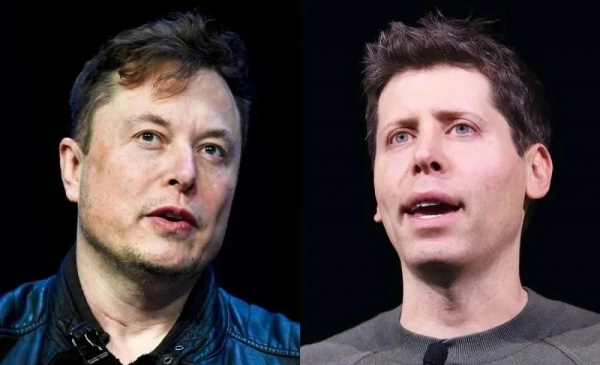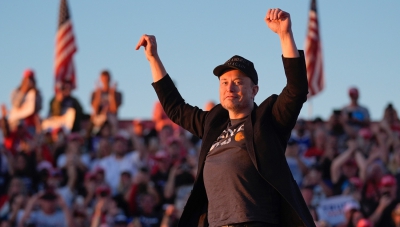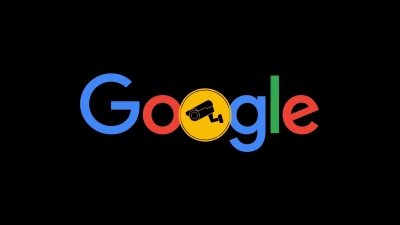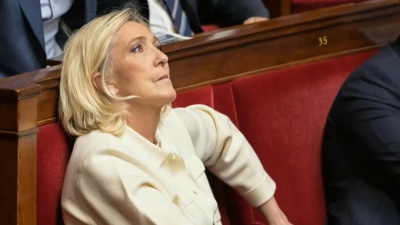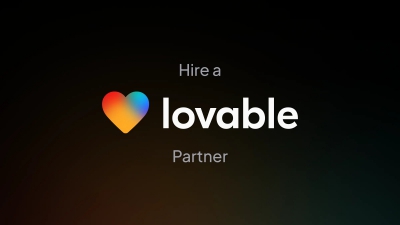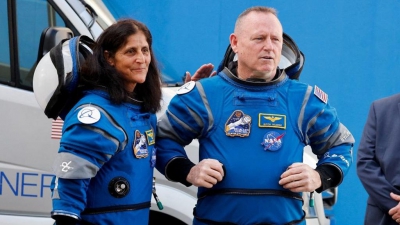From allies to enemies, the torn battle between Musk and OpenAI actually originated from an email! When the future of artificial intelligence becomes a battle for control, can you believe that this dispute has been going on for nearly a decade?
If you think that the conflict between Musk and OpenAI is just about the direction of technological development, you are totally wrong. Behind this power game in the AI world lies a complicated "battle for control", which is not only full of workplace betrayal and legal confrontation, but also hides the ambition of a technology giant.
The starting point of the matter can be traced back to 2015, when Musk, Hopkins, Sam Altman and others jointly established OpenAI with the purpose of promoting non-profit AGI (general artificial intelligence) research and benefiting the world. human beings. As OpenAI gradually rose from a start-up to the world's leading AI company, conflicts between Musk and team members quietly grew. As early as 2017, Musk began to question the non-profit structure of OpenAI and proposed transforming it into a for-profit company. He even personally registered a company called "Open Artificial Intelligence Technologies" in an attempt to redefine the future of OpenAI.
It is obvious that the founding team of OpenAI does not agree with Musk’s ideas. They stick to their original mission and believe that the development of AI should get rid of the shackles of self-interest. As a result, the two sides began a game that lasted for several years, and Musk's "desire for control" eventually led to the outbreak of conflicts. In 2018, Musk, who failed to obtain a majority stake and the CEO position, completely withdrew from OpenAI and turned around to establish xAI, which became his most direct competitive relationship with OpenAI.
Things are far from over. In 2024, Musk once again launched a counterattack through litigation. He accused OpenAI of breaching the contract and transforming into a for-profit company, and demanded that OpenAI be prevented from further transforming from a "non-profit" model. This time, Musk not only challenged OpenAI, but also took Microsoft and OpenAI to court, accusing them of violating antitrust laws and jointly suppressing competitors. With this wave of operations by Musk, it is not difficult to see that he is trying to use legal weapons to gain more resources and market space for his xAI.
The response to this from OpenAI was also direct and sharp. Not only did they publish their email exchanges with Musk, they reviewed in detail various disputes from 2015 to 2023, and they also pointed out that Musk's behavior was "out of jealousy." They admitted that Musk’s ambitions have never changed, but after failing to gain control of OpenAI, he chose to attack again as a competitor.
On the surface, this struggle seems to be a commercial competition between the two companies, but in fact it exposes the profound game between "innovation" and "interests" in the technology industry. OpenAI adheres to its non-profit mission and tries to maintain a clear sense of rationality in the fierce market competition, while Musk is a typical "profit supremacist". What he wants to do is not to meet the technical possibilities, but to pursue business maximized.
This lawsuit is destined not to be a "war of words" that can be resolved in the short term. The controversy it has triggered will also provide more technology companies with a warning on "how to balance innovation and profits" in the future. Perhaps Musk's lawsuit can temporarily break the pace of OpenAI, but it does not change the rolling trend of the AI era - whether it is for-profit or non-profit, whoever can seize the most cutting-edge technology will be the ultimate winner.




